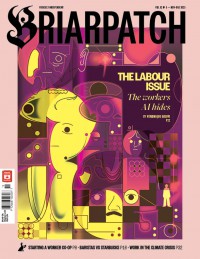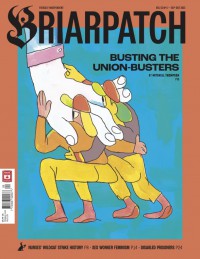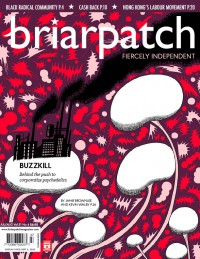-
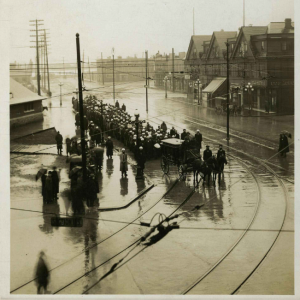 Online-only
Online-onlyThe memorialization of Mewa Singh
Almost 100 years ago, Mewa Singh walked into Vancouver’s courthouse and shot William Hopkinson, an immigration inspector tasked with undermining anti-colonial organizing. What does it mean to commemorate Singh as an “anti-racist activist”?
-
 Magazine
Magazinephysics lessons for settlers
nowhere is a prison / is a psych ward / is a suicide / is a death / from ‘natural causes’ is a mass grave
-

-
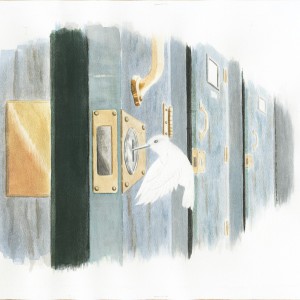 Magazine
MagazineHow the Prison Abolition Issue came to be
Roughly 10 members of the editorial collective – comprised of Inreach and Free Lands Free Peoples members, and Briarpatch staff – have met every two weeks since April to shape this special issue.
-
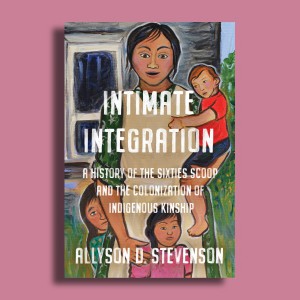 Magazine
MagazineThe ‘60s Scoop and everyday acts of elimination
In her new book, Allyson Stevenson studies Saskatchewan’s child apprehension program at “the heart of Canada’s colonial enterprise.”
-
 Online-only
Online-onlyAgainst all nationalisms
Nandita Sharma responds to Phil Henderson’s review of her new book, “Home Rule.” She argues that instead of providing us with freedom and justice, national liberation struggles have delivered us to capital and to sovereign power. As a result, rejecting nationalism – all nationalisms, including indigenous nationalisms “from below” – is critical to anti-colonial struggle.
-
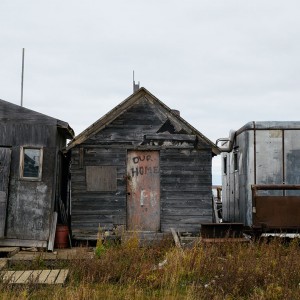 Magazine
MagazineThis House Is Not a Home
The Northwest Territories Housing Corporation was created with a colonial mandate that was meant to keep Indigenous Peoples in the North from being sovereign nations. Nearly half a century later, not much has changed.
-
 Magazine
MagazineArt against colonialism
An interview with the judges of Briarpatch’s 10th annual Writing In The Margins contest: Larissa Lai, Pat Kane, and Sonnet L’Abbé.
-
 Sask Dispatch
Sask DispatchRegina Municipal Election 2020: Defund the police
In preparation for Regina’s 2020 municipal election, the Sask Dispatch asked progressive community members, activists, and experts to pick one pressing issue facing the city, and write about how to address it. Michelle Stewart and Richelle Dubois, two long-time community activists, share their thoughts on defunding the police and making the city safer for Indigenous people, poor people, queer people, newcomers and other racialized and marginalized folks.
-
 Magazine
Magazine“Land Back” is more than the sum of its parts
When we say “Land Back” we want the system that is land to be alive so that it can perpetuate itself, and perpetuate us as an extension of itself. That’s what we want back: our place in keeping land alive and spiritually connected.
-
 Sask Dispatch
Sask Dispatch“A symbolic step”: group calls on city of Regina to rename Dewdney Avenue
As Indian Commissioner and lieutenant governor of Saskatchewan, Edgar Dewdney left a legacy of colonial violence and trauma on the Prairies. Now some have joined together in a campaign to remove his name from one of Regina’s busiest streets.
-
 Online-only
Online-onlyMental health professionals are not the solution to racist police violence
While mental health interventions have been touted as an alternative to policing, the mental health field has a long history of perpetrating racist and colonial violence.
-
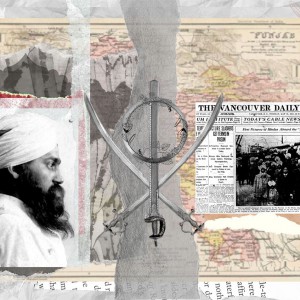 Magazine
MagazineSikhs, sovereignty, and the Canadian left
Exploring the anti-colonial, egalitarian roots of Sikhi, and tracking the extraordinary political power of the Sikh community in Canada today
-
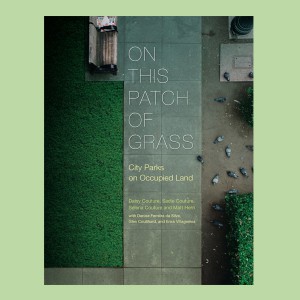 Magazine
Magazine“Pacifying the unruly city”
Official laws and social norms are wielded as tools of control to preserve urban parks as spaces for middle-class white settlers. Jessica DeWitt reviews On this Patch of Grass: City Parks on Occupied Land by Matt Hern, Selena Couture, Daisy Couture, and Sadie Couture.
-
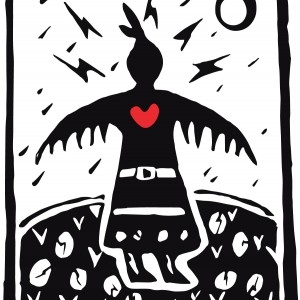 Magazine
Magazine“Indigenizing” child apprehension
In Ontario’s Indigenous child welfare agencies, the superficial trappings of culture take the place of policies that would grant jurisdiction over Indigenous children to Indigenous families, individuals, and communities.
-
_300_300_90_s_c1_c_b.jpg) Magazine
MagazineSending Josephine home
Josephine Pelletier was shot to death by Calgary police in May. Her life and death shed light on the complicated interplay between colonialism, incarceration, and police brutality. This is her story.
-
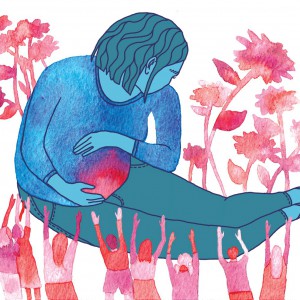 Magazine
MagazineA broad vision for reproductive justice
Thirty years after the Morgentaler decision, reproductive rights fall short of full reproductive justice – including the freedom to have and raise children in safe and healthy communities.
-
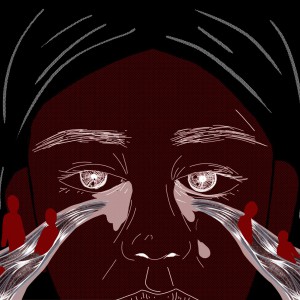 Magazine
MagazineRacism, death, and hard truths in a northern city
In her new book, Seven Fallen Feathers, journalist Tanya Talaga delves into the stories of seven Indigenous students in Thunder Bay whose lives were cut short.
-
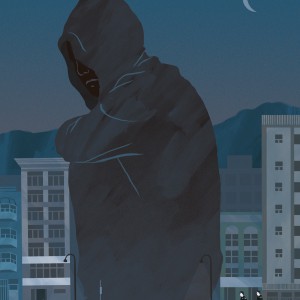 Magazine
MagazineDefying the War on Drugs
Harm reduction workers are building the infrastructure to respond to the opioid crisis.
-
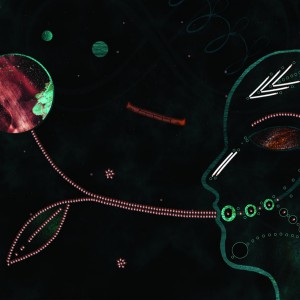 Magazine
MagazineCannibal 150: Exposing the Canadian Windigo
Indigenous peoples have been battling Windigo – a haunting, cannibalistic beast – for far longer than 150 years. Windigo is at the core of the Canadian government and society, and the best defence against it is Indigenous resurgence.

